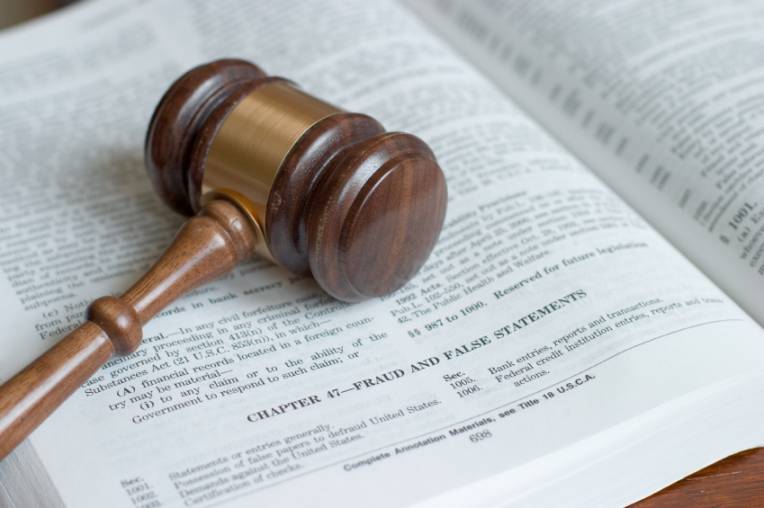Legal precedent is a fundamental principle of the common law system, which is the legal system that the United States follows. It refers to any legal decision that establishes a rule or principle that becomes authoritative and serves as a guide to future cases. Legal precedent has a significant role in setting constitutional law, as it shapes the interpretation and application of the US Constitution.
The US Constitution is the supreme law of the land and contains the foundational principles of our government. The Constitution contains several broad provisions that must be applied to specific situations, such as the right to free speech, freedom of religion, due process, and equal protection under the law. However, the Constitution often leaves room for interpretation and does not provide answers to every issue that arises. Therefore, legal precedent plays a crucial role in setting constitutional law.
When courts interpret the Constitution, they look to legal precedent to guide their decision-making. For example, in the landmark Supreme Court case Brown v. Board of Education, the Court relied on legal precedent to find that racial segregation in public schools violated the Equal Protection Clause of the 14th Amendment. The Court overturned the previous legal precedent established by Plessy v. Ferguson, which had upheld segregation under the doctrine of “separate but equal.”
In addition, legal precedent also affects how lower courts apply the Constitution. The decisions made by higher courts, such as the Supreme Court, are binding on lower courts within their jurisdiction. Therefore, legal precedent established by the Supreme Court is influential in setting constitutional law across the country.
Legal precedent is also essential in constitutional law because it provides stability and consistency in the law. When legal precedent is established, it provides guidance to future cases, allowing for predictability in the law. This predictability contributes to a stable legal system and promotes the rule of law.
However, legal precedent is not absolute, and it can be overturned or modified through subsequent cases or legislative action. For example, the Supreme Court’s decision in Roe v. Wade, which established a woman’s right to abortion, has been challenged and modified in subsequent cases.
In conclusion, legal precedent has a significant role in setting constitutional law in the United States. It provides guidance to courts in interpreting the Constitution, contributes to the stability and consistency of the law, and promotes the rule of law. However, legal precedent is not absolute and can be changed, reflecting the evolving values and norms of society.


